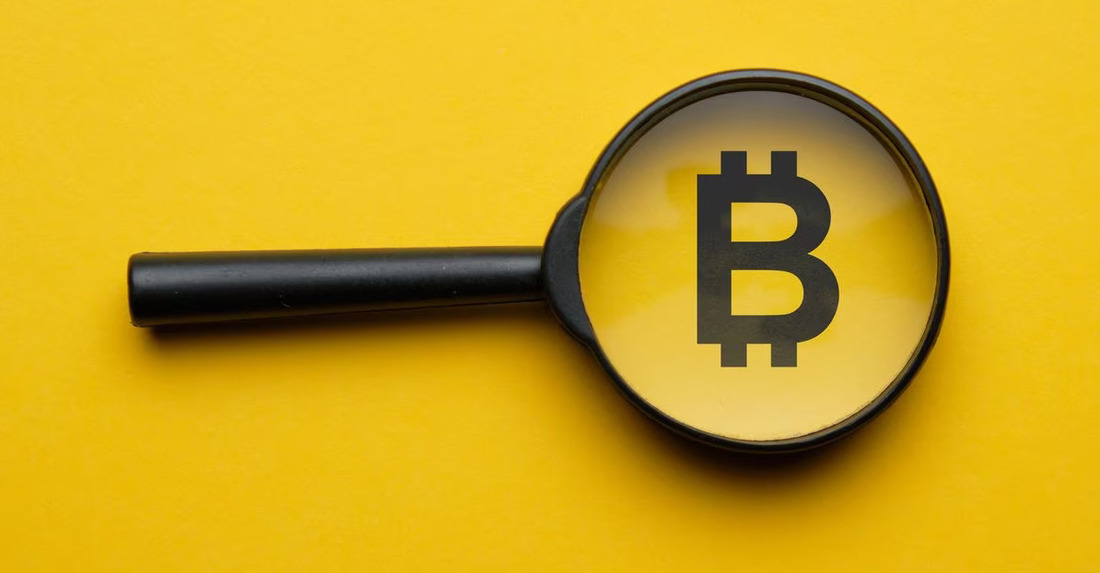
Crypto Trading Scams Checkers
Critics of cryptocurrency often hinge their antagonism on the possibility of using cryptocurrencies to perpetrate frauds without trace. This is correct: one may not trace a fraudulent crypto transaction once it has occurred. This is why crypto users are advised never to share their private keys or seed phrase with anyone. They are also advised to have strong, unique passwords and enable 2FA on all their crypto accounts. In additions, users should also use a VPN or any other secure network to connect to their crypto accounts.
Despite these precautionary measures, users can be ensnared by fraudsters and would willingly release their crypto assets to them. Fraudsters can masquerade as legitimate cryptocurrency companies where as they are Ponzi or pyramid schemes (e.g. MiningMax) who use the investments of lower-tier clients to pay clients in the higher tier. They can also organize initial coin offerings (e.g. LydianCoin, Centra Tech) where they lure users to invest in a crypto project that doesn’t exist. In another scheme, they can create a fake coin (e.g. OneCoin, My Big Coin) and promote it as the next big thing in the cryptocurrency market — luring naïve individuals who want to be early investors in a new coin with huge potentials. These schemes have one aim: to serve as bait so that users can willingly handover their investments.
However, there are ways individuals can detect crypto scams so as not to become victims. There are a host of crypto scam checkers on the internet. But before we examine some of them, there are certain things crypto users should when they learn of a cryptocurrency investment opportunity. It suffices to say that the primary crypto scam checker is a crypto user.
The Crypto User as Scam Checker
- Once there is a new investment, for instance, a new coin or an ICO, users should check whether the coin has a blockchain. A coin without a blockchain cannot be in the crypto market. It is akin to having a website that is not hosted on the internet. A coin without a blockchain should be the first red flag. This was what exposed the OneCoin scam in 2017. The owners of OneCoin claimed they were building a blockchain, yet they were collecting money from thousands of investors all over the world. They attempted employing a blockchain expert, Bjorn Bjercke to build a blockchain. Bjercke was promised an annual salary of ₤250,000, an apartment and a car. But when he learnt that he would be working for an “established” cryptocurrency company without a blockchain, he declined the offer.
- After checking the blockchain of the cryptocurrency, a crypto user should ascertain if the company is registered with appropriate authorities. For example, My Big Coin wasn’t registered with the U. S. Securities and Exchange Commission.
- Users should also carry out checks on their websites. Most crypto scams use phishing websites. These websites attempt to clone legitimate websites, and can easily mislead a user. A user can even stumble on a phishing site due to a slight error while inputting an address. Therefore, users should carefully crosscheck the website address. With a site like namecheap.com, a user can easily check if a website is attempting the clone another that is already hosted on the internet.
- After carrying out these independent checks, the user should interrogate the administrators of the company. This can be done by asking questions leaving comments on their social media updates. Questions that should be asked include: “What is the roadmap of this coin?” “Is the coin on major exchanges?” “What is the value of this coin across different exchanges?” The (in)ability of these administrators to answer these questions satisfactorily would give a hint about the authenticity of the investment. If the investment is genuine, then their answers should correlate with the independent research that has been carried out by the user.
It was reported that when investors started asking questions about the blockchain of OneCoin, its leaders refused providing an answer straightway. But after they were pressured for answers they told investors that the reason they withheld that information was to forestall any panic in a case where they encounter a glitch in the course of building the blockchain. Of course, such an answer was total hogwash.
- In a case where these scams front as charity companies, a user should request for a valid form of identification. Another red flag in this case is that scammers try to pressure or guilt-trip the individual to donate.
- Furthermore, crypto users can also adopt the 99bitcoins Bitcoin Scam Test. This test consists of 12 questions with which a user can evaluate a crypto service or website. These questions include:
Does the website promise an exceptionally high yield? (e.g. more than 20% profit annually)
- Is this a service about making money from Bitcoin mining or cloud mining?
- Does the website have an “About Us” page? Does it give information about who is behind the company? (Registered address, LinkedIn profiles, etc.)
- Is the website’s domain more than 6 months old?
- Does this website have an Alexa rank of 200,000 or below?
- Does the website have a domain rating (DR) of over 20?
- Are other legit websites linking to this website?
- Are there any Google reviews claiming the website is a scam?
- If you found positive reviews of the product — are they promoting the service with a referral link?
- Are there any negative reviews for this service on Bitcointalk?
- Are there any negative reviews for this service on Reddit.com/bitcoin?
- Does this website promise something that seems too good to be true?
After these checks have been done, a user can now use any of the crypto scam checkers available on the internet. Some of them include:

1. Financial Conduct Authority (FCA)
The Financial Conduct Authority has a warning list on its website where users can check the authenticity of an investment or pensi0n opportunity and avoid scams. The website has a series of questions with a dropdown menu of answers. The questions are:
- What are you considering?
- What type of opportunity is it?
- How did you find out about it?
- Did they mention money from your pension?
Providing answers to this questions takes you the next page where a detailed information is given about the investment opportunity. For instance, if you check for cryptocurrency, FCA advises individuals to invest only with FCA-regulated firms. They further give tips on offers to treat with extreme caution — those that pressure individuals invest (for example, time-limited offers), those that downplay the risk of losing money, and those that promise returns that are too good to be true. There is also a list of firms to avoid.
2. Bitcoin Whos Who
This platform offers users the opportunity to report fraudulent Bitcoin addresses. Their powerful BTC Block Explorer helps users track users on the Bitcoin network. Also, users can check if an address has been reported as a scam before making transactions to it. Users can also report know scams like an investment scam, mining scam or sextortion porn scam email.
The site lists certain benefits of reporting scam Bitcoin addresses. Firstly, these addresses are detected and avoided by members of the community. Secondly, since the FBI only responds to million dollar scams, reporting Bitcoinwhoswho.com puts legitimate downstream players in a position to flag these scam addresses and take appropriate action. Thirdly, reporting ultimately improves the safety of the community.
Reporting a scam address is done in the following steps:
- Click the Bitcoin Address Report page
- Click the Report Scam button
- Fill out the details of the theft, and web address (if applicable). Attaching a screenshot of the theft is also encouraged.
3. Fried.com
This platform has a feature called Crypto Scam Checker that provides a comprehensive, up-to-date database for cryptocurrency websites and gives users the opportunity to check for the legitimacy of crypto websites. The primary objective of the feature is to filter crypto scams from legitimate websites, hence protecting the assets of crypto users.
Websites can take any of three statuses: safe, scam, or unclear. All a user has to do is to input the website address or the name of the company into the search bar. A search result displays at least 10 entries.
Information on the scam checker are frequently updated, and the time of last update is always displayed as well as the time for the next update. The status of a website can change depending on when it was uploaded (and updated) on the checker.
Despite its benefits, the information on the checker may not be entirely accurate.
In the cryptocurrency world, one can never be too safe. In fact, the operative word is: safety. The goal of any investment is to make profits, not to lose money. Therefore, it is important that crypto users treat every investment with skepticism. In cryptocurrency, sometimes skepticism becomes a good thing. Crypto users should always bear in mind the words of a boxing referee before a bout begins: “Protect yourself at all times.”
Popular
-
Pasino Online Casino Review
Pasino online casino is a popular gaming platform that offers …

-
Blockchain in Insurance: Automating Payments and Risk Management
Blockchain is one of the most promising technologies of our …

